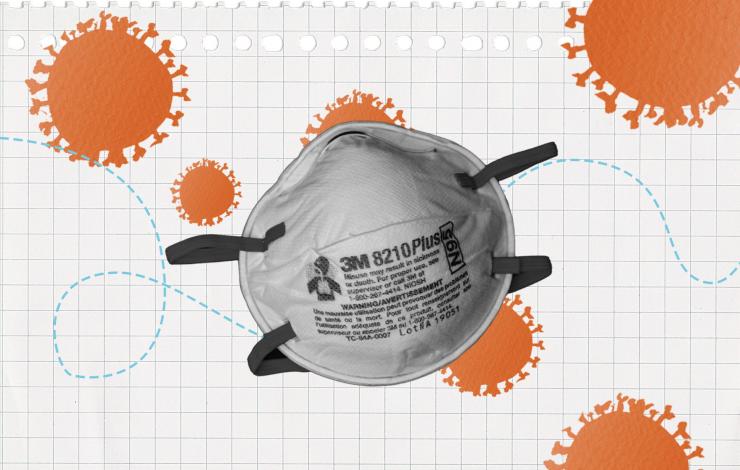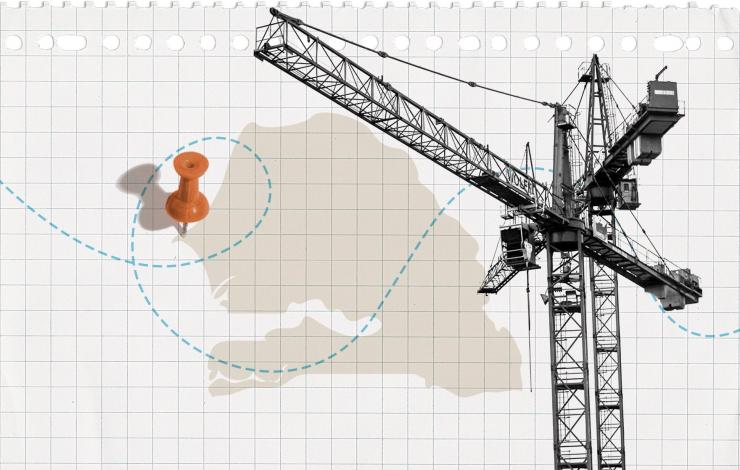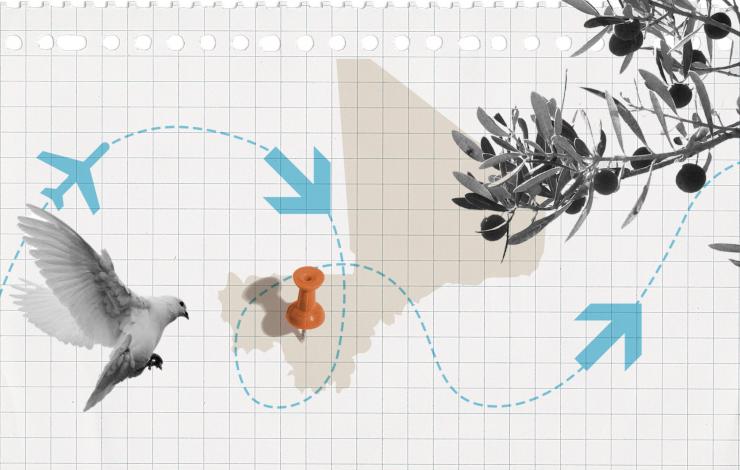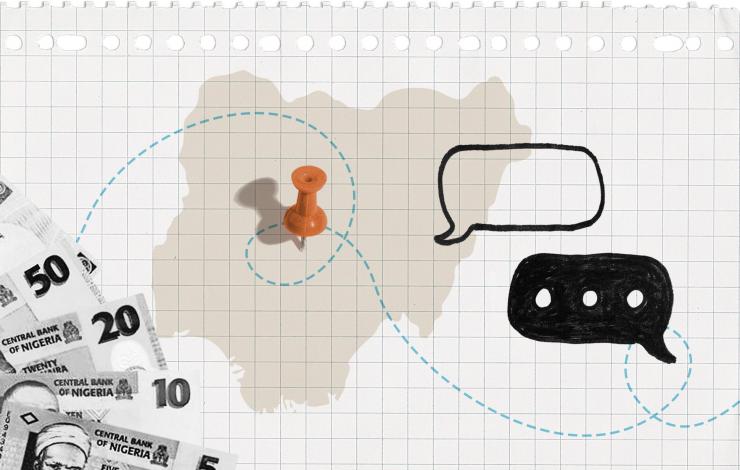The Rule of Law Solutions Initiative
How local justice champions are expanding access to justice, fighting corruption, and reforming criminal justice around the world
The following series of stories and interviews provides a narrative account of ordinary citizens who are working to advance the rule of law in three key areas: access to justice, anti-corruption and open government, and criminal justice reform. Most of these reformers have training in the law; however, many bring valuable experience from other backgrounds — development, education, engineering, computer science, human rights, and humanitarian assistance — to the common struggle for justice. Some are animated by an entrepreneurial desire to build new tools for change, while others are deeply motivated by a personal experience of injustice. What all share is a fundamental conviction that peace and development depend upon the rule of law.
This reporting represents an ongoing process of outreach and engagement through the Rule of Law Solutions Initiative, a qualitative research program focused on sharing effective practices for advancing the rule of law around the world. This program is a registered UNDP accelerating action for Sustainable Development Goal 16, which aims to "promote peaceful and inclusive societies for sustainable development; provide access to justice for all; and build effective, accountable, and inclusive institutions at all levels." It has been underwritten by the Mellon-ACLS Public Fellowship.

How Access to Justice Builds Resilience in the Sahel
In March, World Justice Project researcher and ACLS Mellon Fellow Joe Haley traveled to West Africa to interview local government officials and civil society activists. The purpose of this field research was to understand how access to justice—the capacity of ordinary people to resolve their everyday justice problems fairly without undue hardship—works in the Sahel, a semi-arid region that snakes along the southern edge of the Sahara desert, from Senegal and Mauritania in the West to Sudan and Eritrea in the East.
The Sahel is marked by high levels of poverty and environmental fragility. It is also host to one of the world's most intractable conflicts. Since 2012, national and international forces have been locked in a pitched fight against Islamic extremists in Mali, Niger, and Chad. This conflict has had profound implications for West and Central Africa, as it has disrupted economic activity and displaced hundreds of thousands of people. In the following series of reflections accompanying podcast interviews with local practitioners, Joe asks, how can access to justice build peace and resilience in the Sahel?

Access to Justice in the Sahel
Learn More >
Access to Justice in the Sahel
Learn More >
Access to Justice in the Sahel
Learn More >
